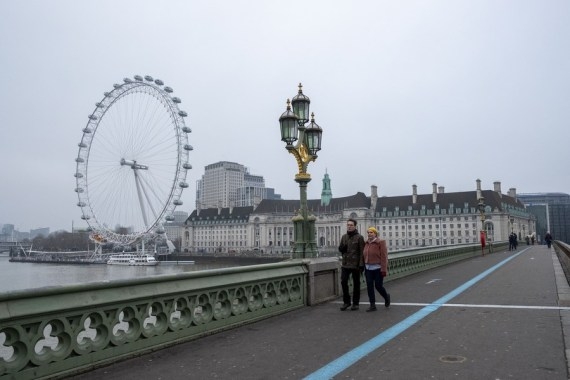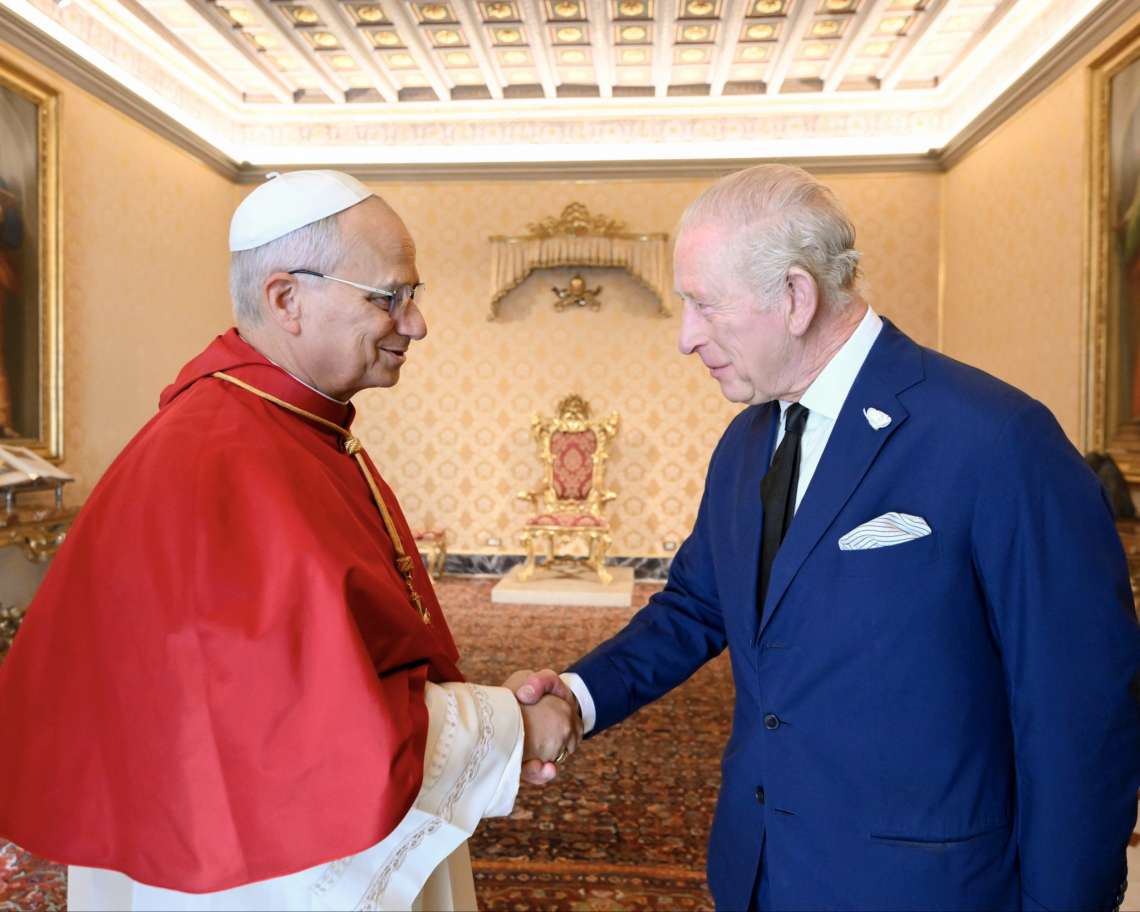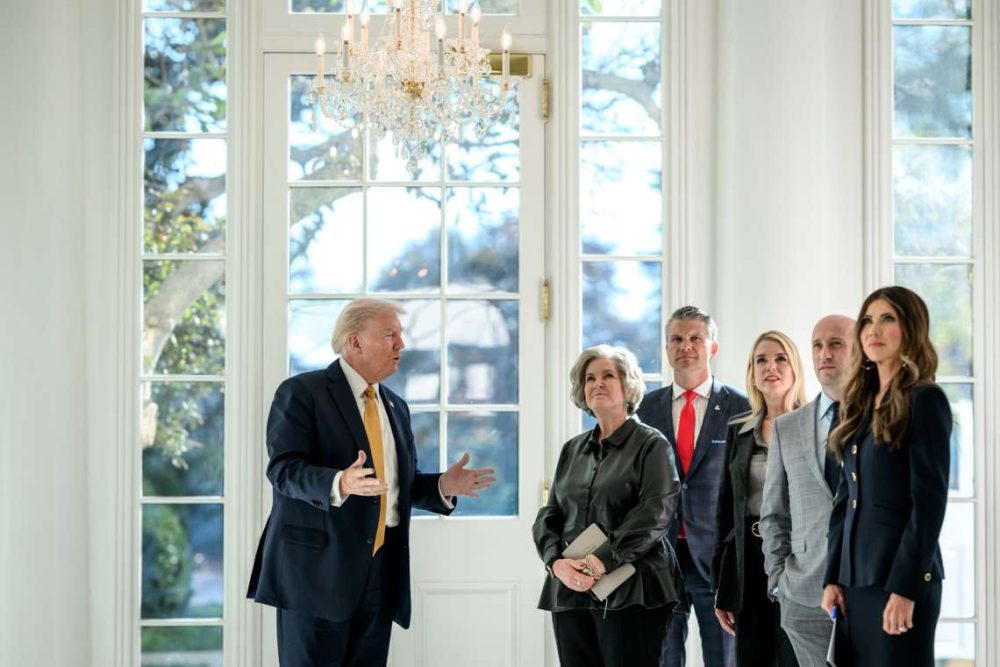The Bank of England has raised interest rates 13 successive times since December 2021 in an attempt to curb soaring inflation. The Bank is expected to raise interest rates again on Thursday, from 5% to 5.25%…reports Asian Lite News
UK house prices fell last month at the fastest annual rate in 14 years, as higher interest rates hamper people’s ability to buy a property with a mortgage.
Nationwide building society reported that prices fell 3.8% year on year, the sharpest drop since July 2009 when the global economy was in the grips of financial crisis. It compared with a fall in annual prices of 3.5% in June.
The price of a typical home is now £260,828, 4.5% below the peak reached last August. Prices dipped 0.2% in July from the previous month.
The Bank of England has raised interest rates 13 successive times since December 2021 in an attempt to curb soaring inflation. The Bank is expected to raise interest rates again on Thursday, from 5% to 5.25%.
Higher interest rates have led to a sharp rise in the cost of a mortgage over recent months, making the prospect of buying a home unaffordable for many people. Those hoping to remortgage after their fixed-rate mortgages come to an end are facing an increase in payments of hundreds of pounds in some cases.
The average two-year fixed deal rose to 6.85% on Tuesday from 6.81% the day before, while the average five-year fixed deal was 6.37%, up from 6.34%.
However, in a sign of the mixed signals the market is facing, NatWest, Halifax and Virgin Money announced they would reduce some mortgage rates this week, after similar cuts last week by Nationwide, Barclays, TSB and HSBC. On Monday data showed that home loan approvals in the UK rose last month to their highest level since October 2022.
Robert Gardner, the Nationwide chief economist, said housing affordability “remains stretched” for those hoping to buy a home with a mortgage.
For example, someone on the average wage who wants to buy a typical first-time buyer property with a 20% deposit would have to make monthly mortgage payments of 43% of their take-home pay, assuming a 6% interest rate. This is up from 32% a year ago and well above the long-term average of 29%.
“This challenging affordability picture helps to explain why housing market activity has been subdued in recent months,” Gardner said. There were 86,000 completed housing transactions in June, 15% below the levels at the same time last year and about 10% below pre-pandemic levels.
Mortgage approval data showed an increase in activity in June, but most of these applications will predate the more recent rise in longer term interest rates, he said. BoE data on Monday showed mortgage approvals in the UK rose to their highest level since October as people scrambled to secure home loan deals before interest rates rise further.
Nationwide believes a housing crash is unlikely, assuming unemployment – currently 4% in the UK – remains below 5%, and most borrowers should be able to cope with higher interest rates.













